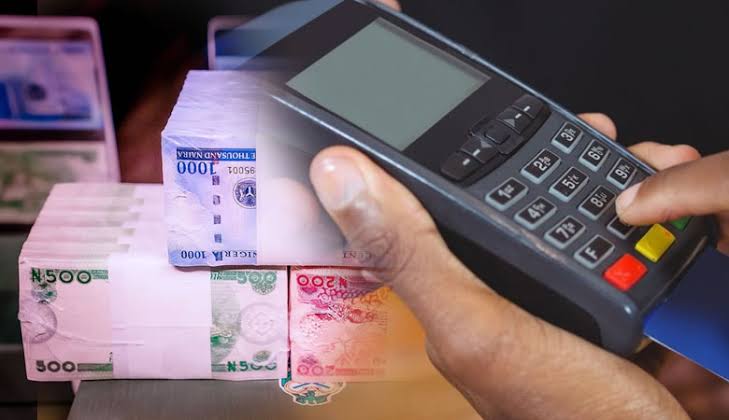‘Owambe’: Guests resort to cash transfers as naira scarcity bites harder
Nigerians are gradually finding alternatives to spraying cash in parties due to the naira scarcity. They now adopt cash transfers through Unstructured Supplementary Service Data (USSD) and Point of Sale (PoS). The Central Bank of Nigeria (CBN) had recently come up with redesign of N200, N500 and N1000 notes and cash withdrawal limit “to promote […]

Nigerians are gradually finding alternatives to spraying cash in parties due to the naira scarcity. They now adopt cash transfers through Unstructured Supplementary Service Data (USSD) and Point of Sale (PoS).
The Central Bank of Nigeria (CBN) had recently come up with redesign of N200, N500 and N1000 notes and cash withdrawal limit “to promote financial inclusion and aid security agencies” efforts in tackling insecurity.”
According to the CBN, the cash withdrawal limit is in line with its cashless policy to encourage more Nigerians to use alternative channels to carry out their banking transactions.
However, the policy has created some upsets, including acute shortages of cash as many Nigerians are unable to withdraw money from their bank account or get extremely low amounts.
News FCT Muslim pilgrims’ board director assumes duty
News FCT Muslim pilgrims’ board director assumes duty
This development has made transactions and activities that traditionally involve cash somewhat difficult. Cash spending (or spraying) during owambe — Yoruba’s colloquial way of referring to parties — is one tradition that has been impacted by the cash crunch.
While some influential Nigerians could still buy their way into getting enough new notes to spray at parties, many have adopted mobile cash transfter as a temporary alternative to cash spending at events due to the scarcity.
A civil servant based in Lagos, Mubarak Alade, who shared his experience at an event he attended over the weekend with our correspondent, said many guests adopted cash transfers.
“I attended a Walima (Quranic) celebration on Sunday. Some relations of the graduands dropped cash when they were invited to the stage by the anchor while many of them without cash transferred into the bank account of the Madrasa (Arabic school) through their phones and a PoS provided by the organisers.
“A friend of mine who attended a naming ceremony on Saturday also told me the same scenario played out at the event.The practice is gradually becoming a new normal now as a result of the naira scarcity,” Alade said.
Abubakar Sani, a businessman in Bauchi shared a similar experience when he attended a party, but said he was not happy with the development as he experienced network problems trying to make a transfer.
“I attended one party unfortunately I forgot to go with my ATM card. I tried to make a transfer using mobile apps, it didn’t work because of network, I tried using USSD, I had the same issue. I was seriously disappointed.
“Yes the policy is good but things should have been in put in place, it should have been a gradual process, our network is not always reliable,” Sani said.
In his experience, Ahmad Musa said he was surprised to see people quickly adopting the trend of cash transfer in a graduation ceremony he attended.
He said, “I can tell you more than 90 per cent of the people who donated at the event did so using either PoS or mobile transfer. I am surprised with the quick adoption of this change.
“There was a big board where the account number of the school was boldly written. People just copied it there and made the transfer. There were two PoS too, some people used their ATM cards.”
